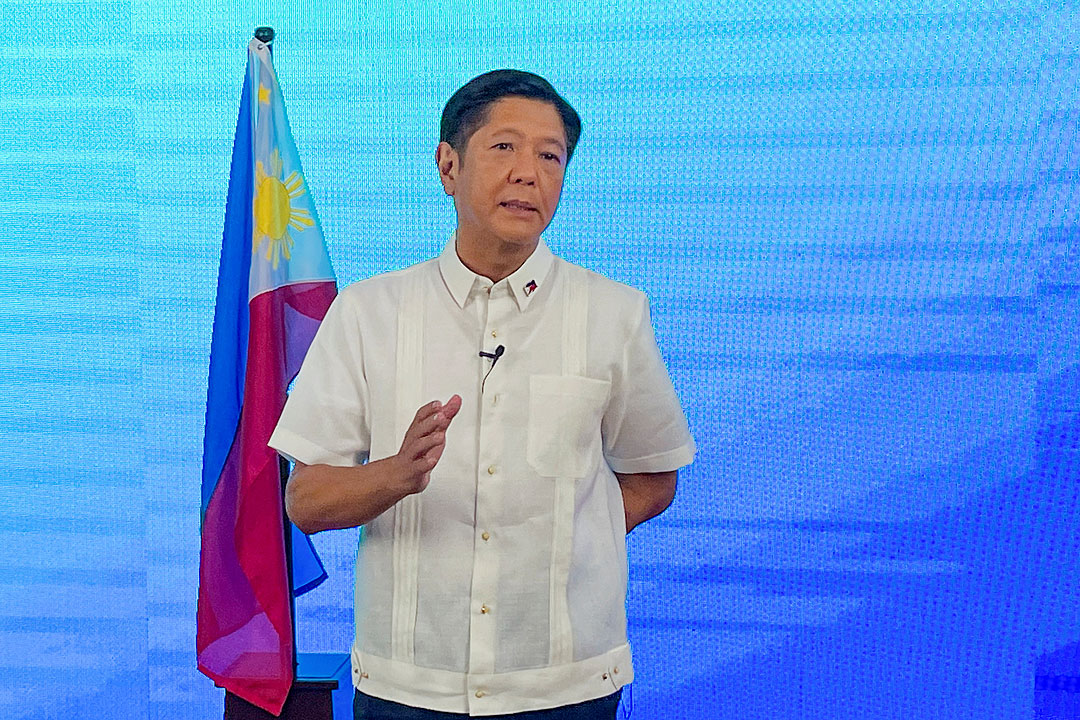
PRESIDENT Ferdinand R. Marcos, Jr. said he took on the Department of Agriculture (DA) post to prepare the agency for an impending food crisis, and signaled his intent to raise domestic output of rice and corn.
“We have to attend to the impending food crisis that, it seems, will be visiting us in the next two quarters,” he said in a closed-door meeting with DA officials in a video released by state media.
“We are already in a disadvantageous position in terms of supply,” he added. “We should really pay close attention to what we can do.”
Mr. Marcos said his priority is to boost domestic production of rice and corn “at least” and address issues holding back the livestock sector.
“We have to think hard about making sure that people have sufficient food and they can afford the price.”
He called for a “multilayered plan” to improve the agriculture value chain, which came under strain during the pandemic, resulting in surpluses not being effectively transferred to areas experiencing shortages.
In extreme cases, farmers who were unable to bring their harvest to market resorted to dumping their crops by the side of the road.
“We really have to reconstruct our value chain starting from our scientists and our researchers,” he said. “We have to remake that model.”
“We have a good model that was from a previous administration but it is a very different world out there,” he added. “Although the concept will be very similar, we have to come up (with a new one) — from 2022 to 2028 to 2030.”
Mr. Marcos also asked his DA team to assess the Rice Tariffication Law and submit a cost-benefit analysis of the Regional Comprehensive Economic Partnership (RCEP).
The Senate in the previous Congress failed to ratify RCEP, a trade agreement involving Australia, China, Japan, South Korea, New Zealand, and the 10 members of ASEAN.
Mr. Marcos has said he would ensure that the trade deal would not be detrimental to domestic industries.
Aside from the Philippines, only two other countries have not yet ratified RCEP — Indonesia and Myanmar. — Kyle Aristophere T. Atienza



